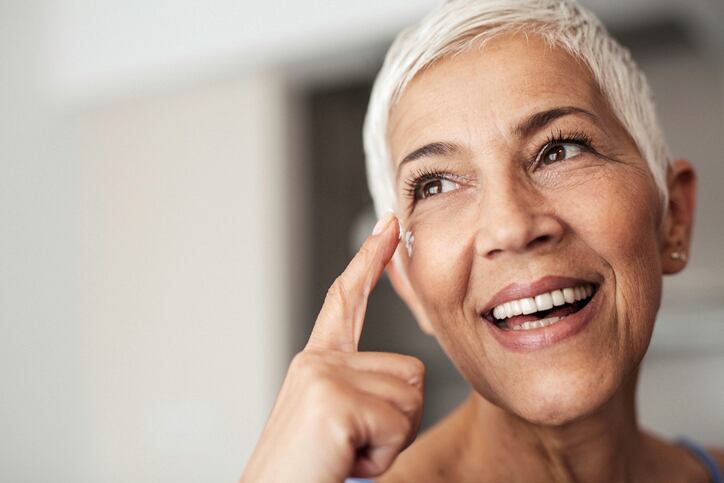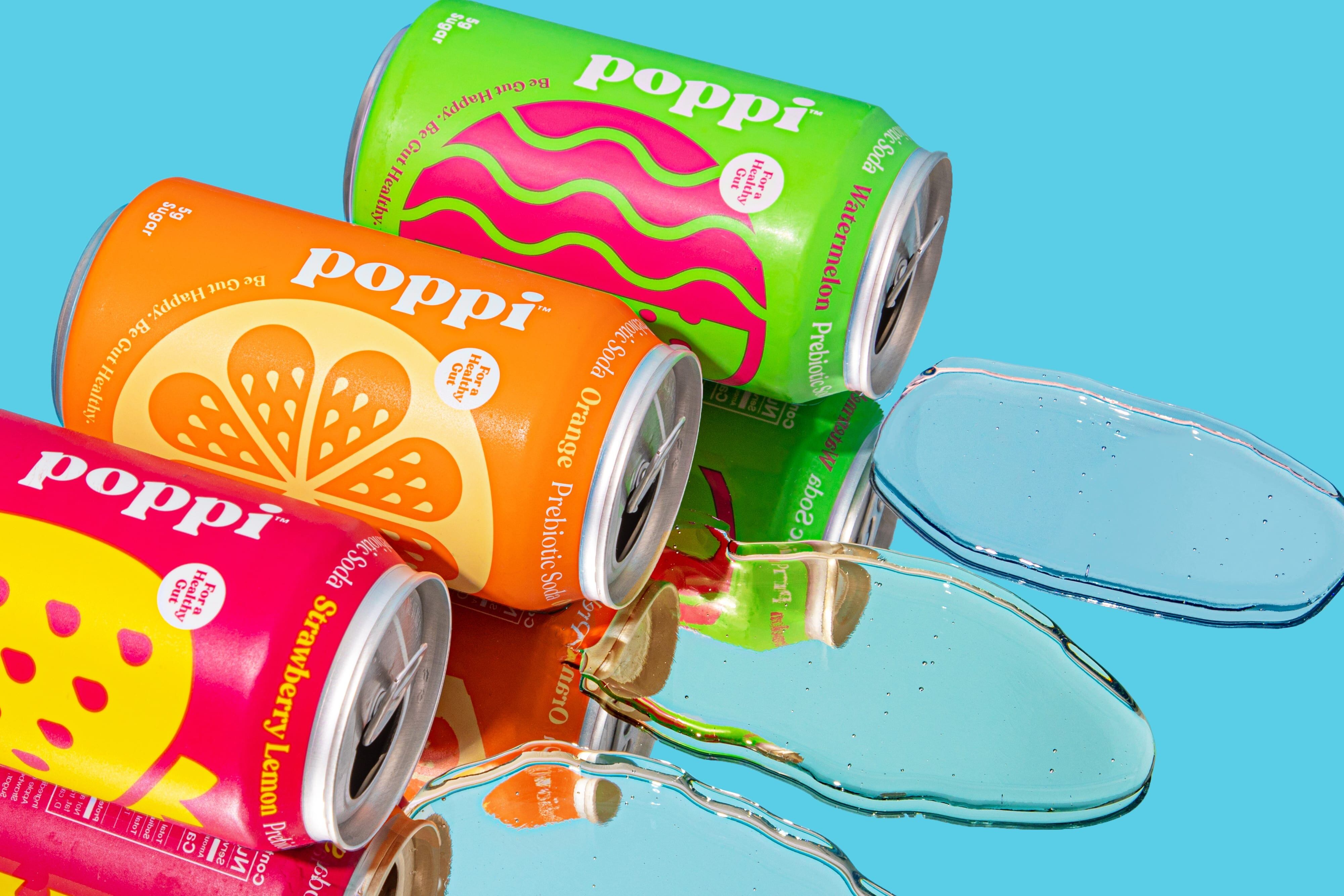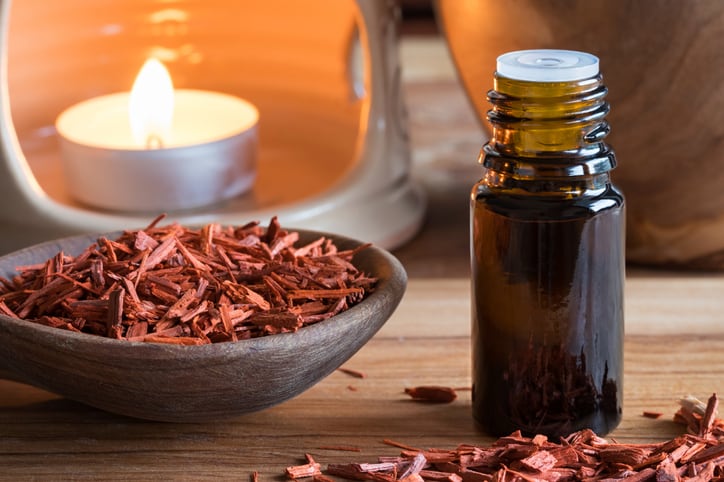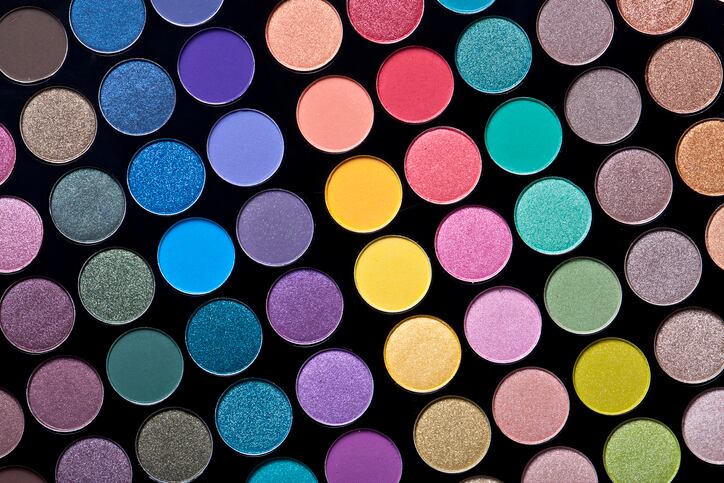Anti-aging products are estimated to be a $60 billion market, and Precedence Research estimates it will double by 2030.
Evangelista et al published an article in Cosmetics studying the relationship between the use of anti-aging products and self-esteem in a sample group of Portuguese women.
“The relationship between usage patterns of anti-aging cosmetic products and women’s self-esteem has been seldom described in the literature,” Evangelista et al said. “This study aims to fill this knowledge gap.”
Research results
The study found that the link between aging, physical appearance, mental health and other life elements were closely correlated with self-esteem. Evangelista et al found factors like age, marital status, professional status and household income strongly impacted self-esteem.
In direct relation to personal care, the study found a negative correlation between self-esteem and “body shape, body size, weight, clothing, concern about hairs, looks, and self-perception about body image and this standard of beauty set by our (western) society.”
Evangelista et al cited a study that found 89% of Australian women reported having canceled meetings with friends, special events and job interviews because they didn’t feel they looked good.
The study also discussed research finding that women experiencing depression and anxiety may have lower self-esteem. Anxiety and depression may make one feel they cannot face challenges, like physical signs of aging.
“Women with high self-esteem engage in beauty care … while others may deny the process and not take care of themselves, isolate themselves from the social environment, and show disappointment with their physical appearance, which may relate to low self-esteem, which increases depressive and anxiety symptoms,” Evangelista et al said.
Evangelista et al also found that those with higher levels of perfectionism were likely to have lower self-esteem, as they expected others to have expectations as high as their own.
The research team synthesized their research and previous studies into three main recommendations for the beauty industry to improve anti-aging usage.
Improve efficacy, adjust marketing
Evangelista et al said they found the correlation between self-esteem and anti-aging products was dependent on what type of product it was. Face firming products were positively correlated with self-esteem, while anti-wrinkle products had no specific correlation.
The research team said this finding was possibly a result of the efficacy of the product types, or whether or not the product improved skin aging signs. For specific products, like anti-wrinkle products, the consumer satisfaction may have been lower, thus not positively impacting self-esteem.
“Body-firming products were among the least used products, although the reasons behind this finding are not clear,” Evangelista et al said. “Product reformulation to improve efficacy and sensorial attributes and better marketing communication might be helpful to increase the consumers’ usage.”
Educate consumers on suncare and antiaging, improve sensorial experience
Recent research had found that one of the most important anti-aging steps an individual can take is the daily use of UV protection, Evangelista said. While sunscreen is gaining popularity among consumers and becoming a regular beauty routine item, not all consumers use a UV filter daily.
“The daily use of sunscreens is an important preventive measure for skin cancer, photodermatoses, and photoaging, which was not followed by around 30% of the sample,” Evangelista said.
To improve sunscreen usage, particularly as an anti-aging product, Evangelista et al said the cosmetics industry should engage in more consumer education and work to improve sensorial elements of suncare products, like the ease of application and skin feel.
Further research
While this study filled some gaps in the research around the relationship between anti-aging and self-esteem, Evangelista et al said further research is needed to improve on the limitations of this paper.
They said other studies should take place to investigate hypotheses posited in this paper, as well as studies looking into the relationship between anti-aging and men and “the complex relationship between aging perceptions, anti-aging cosmetic use, and self-esteem.”
Source: Cosmetics
Author: Marta Evangelista et al
Title: Usage Patterns and Self-Esteem of Female Consumers of Antiaging Cosmetic Products
Cosmetics 2022, 9(3), 49; https://doi.org/10.3390/cosmetics9030049




